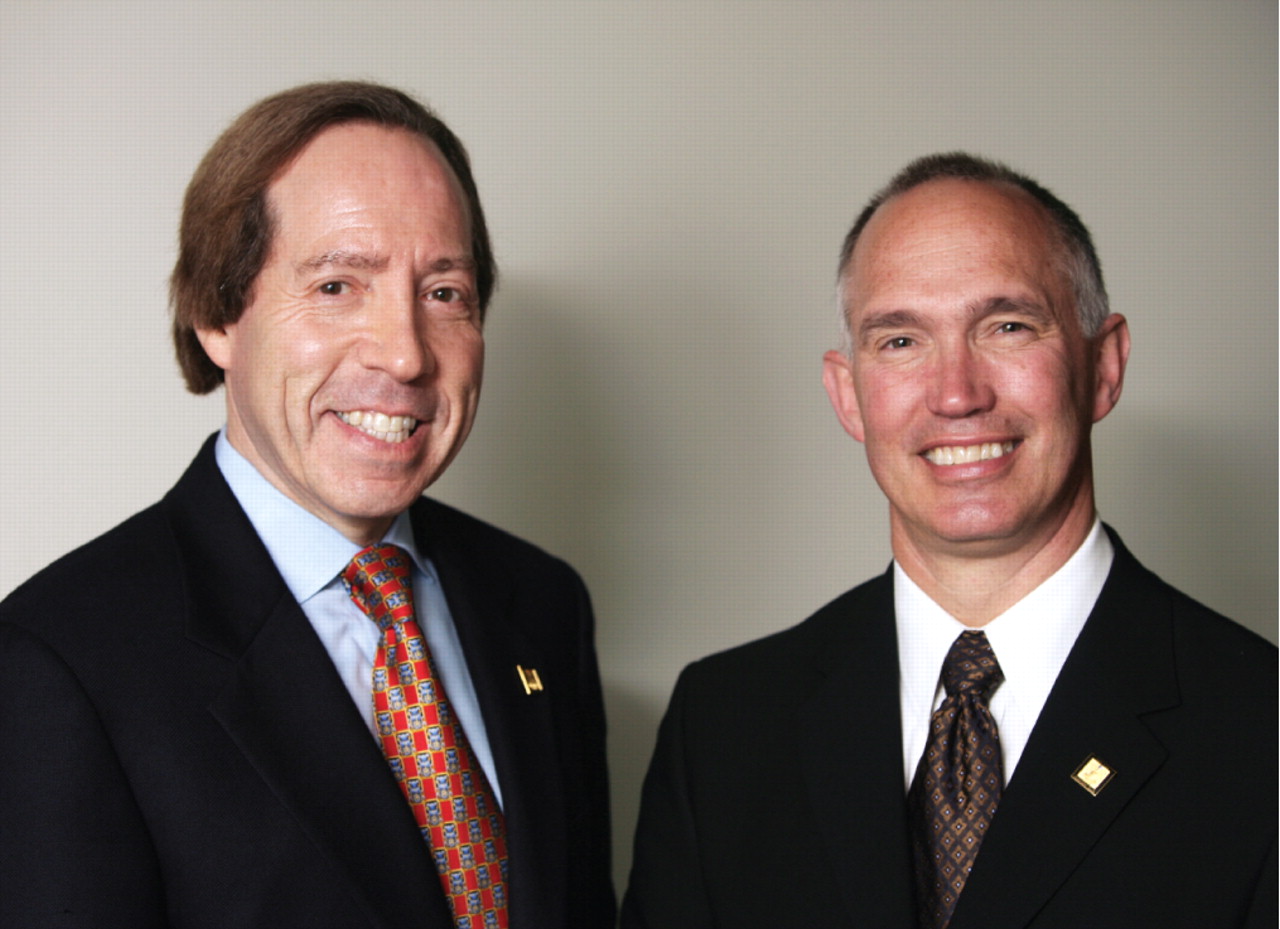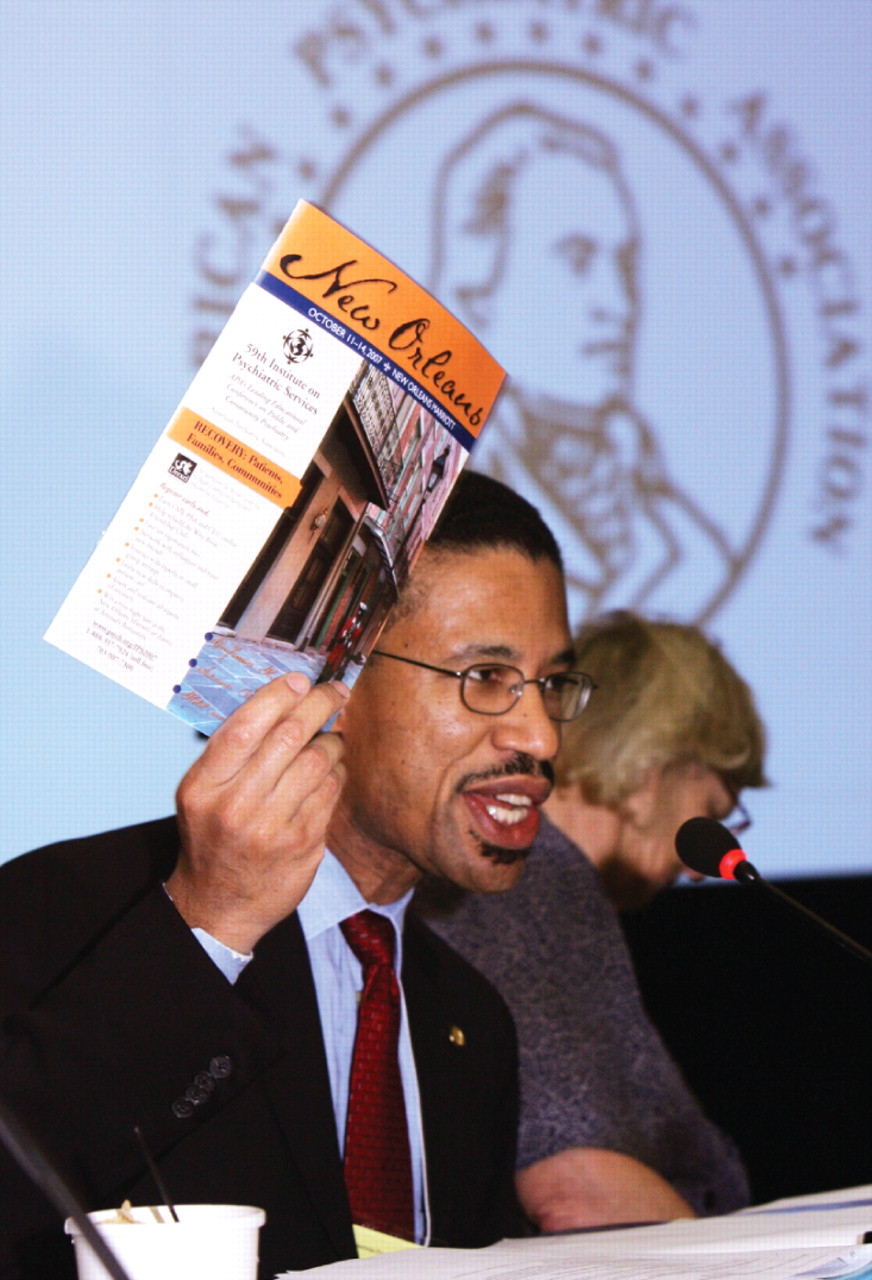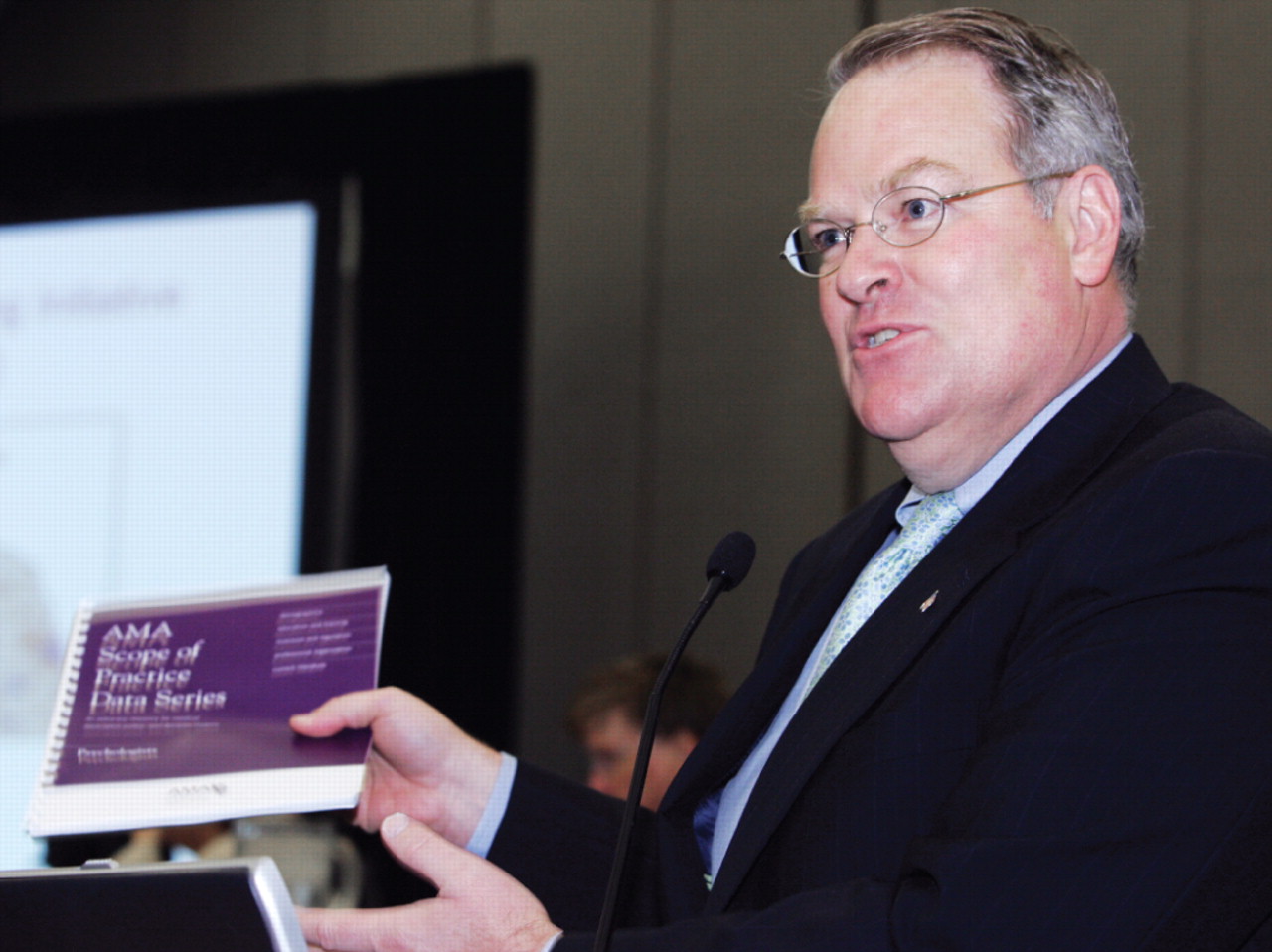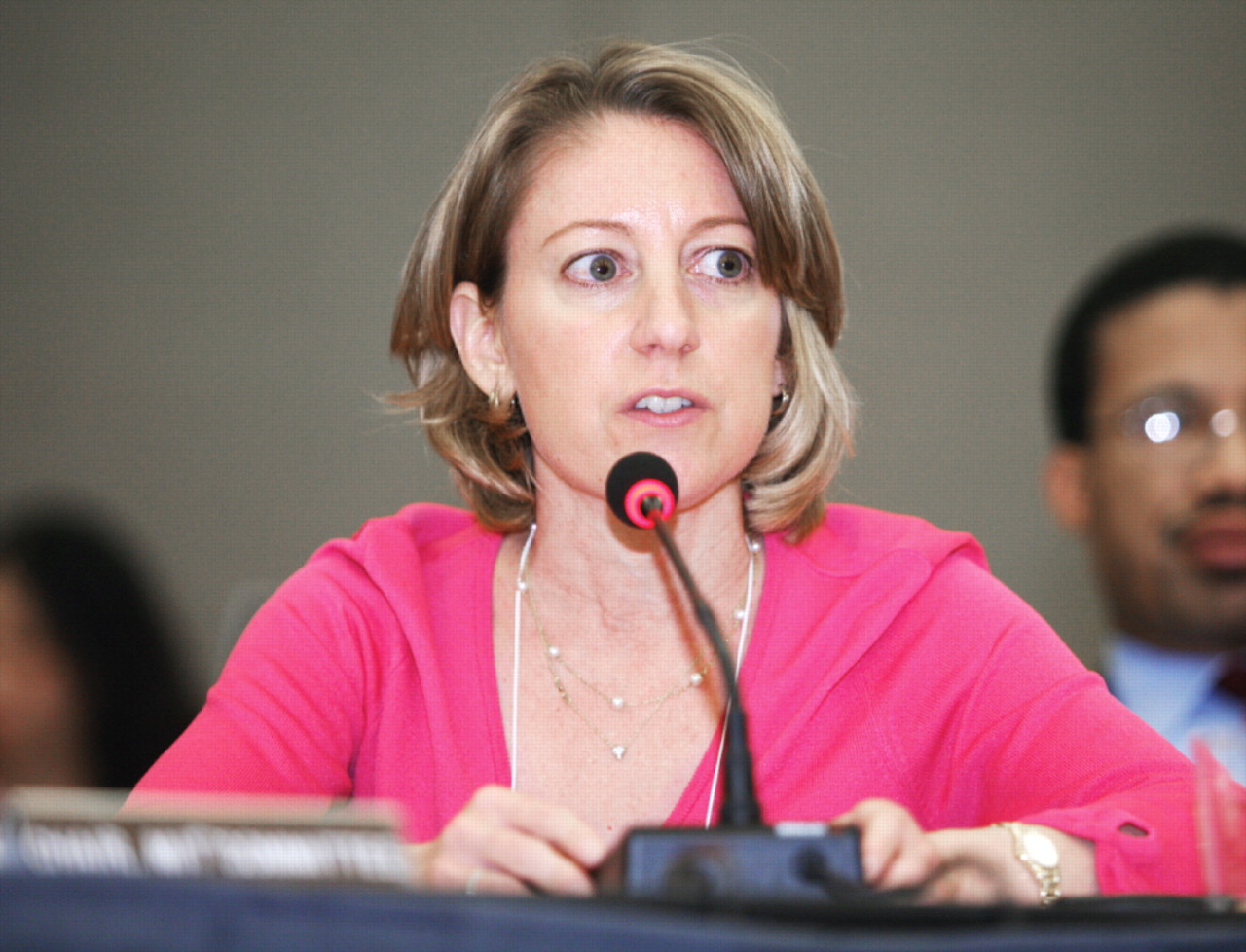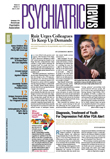Access-to-care issues were prominent on the agenda of the APA Assembly during its three-day meeting last month in San Diego, with the representatives passing several action papers related to ensuring that patients can receive the psychiatric care they need and advocating for patients on several fronts.
This focus meshed well with a presentation by Rep. Susan Davis (D), who represents San Diego in Congress (and is married to a psychiatrist). “We need to build a health care system that maximizes patient access to the latest and best evidence-based care,” she emphasized. “Mental health is just as vital as physical health for one's well-being.... When people have access to care, recovery is possible.”
The Assembly discussed federal parity legislation that has the potential to override state parity laws. The group voted that APA should support legislation that best preserves state laws that provide greater coverage to patients than is included in some federal proposals. The action paper urged“ full and informed” communication between APA and its district branches and state associations (DBs/SAs) and stated that any decision to endorse federal parity legislation “must be based on an assessment of the overall benefits to patients.”
The goal of another access-related paper was to expand the number of state and federal facilities to which veterans can turn for assessment and treatment of posttraumatic stress disorder (PTSD) and related neuropsychiatric disorders. The authors maintained that the Department of Veterans Affairs sometimes fails to recognize and treat these disorders and could benefit from APA-generated PTSD-related training materials.
The Assembly also voted to have APA develop a policy statement saying that children who have been victims of physical or sexual abuse should not be forced to confront the alleged perpetrator during court proceedings, when such confrontations could harm the child.
Assembly members also urged APA to advocate with federal officials to have psychiatric medications included among medications in the Strategic National Stockpile, which is a resource the government can tap after disasters or terrorist attacks.
Several proposals that the Assembly adopted were directed toward the goal of advocating for the psychiatric profession. Among these were two calling for psychiatry to be “carved in” by insurance companies and federally qualified health centers.
Another paper sought to establish a work group to develop recommendations on ways APA could provide support, though not legal advice, to members who are sued for malpractice, and representatives also voted to have several APA committees discuss the feasibility of a “peer-to-peer support program” as a form of outreach to members in regions struck by natural or manmade disasters.
The Assembly voted to have APA increase its involvement in the development and implementation of health information technology to ensure that the needs of psychiatrists and their patients are considered by policymakers and to begin a pilot project in which members-in-training who are active in APA activities would spread the word to other residents in their regions about the value and benefits of APA membership. Programs in New York City will be the first targets of the pilot project.
In addition, Assembly members endorsed the appointment of an Assembly committee to address concerns that may be unique to Canadian APA members. The committee is to consist of three Canadian and two U.S. representatives. With the overwhelming focus of APA on political and health-system issues in the United States, the Assembly agreed that more attention should be paid to issues that impact Canadian psychiatrists. Representatives also asked APA's medical director to include issues of concern to Canadian members in his reports to the Assembly and to the membership in general.
Expressing its continuing concern about the power balance between it and the Board of Trustees, the Assembly revisited a proposal that would give it, in some circumstances not involving the Board's fiduciary responsibility to APA, the ability to override the Board when action papers from the Assembly are not approved by the Board. The Assembly endorsed a compromise that would have the speaker work with the Board to appoint a joint task force that would recommend a plan introducing additional checks and balances to increase the Assembly's influence.
A proposal to have APA issue a call for more private funding of research and clinical trials that lead “to the commercial licensure of prescription marijuana” generated considerable controversy and was defeated by Assembly members. The proposal would have also urged APA to“ recommend that patients be protected when in possession and/or using legal quantities of marijuana under physician supervision.”
In addition to Rep. Davis, the Assembly heard from several other invited speakers. David Shern, M.D., president and CEO of Mental Health America talked about the group's mission and decision to change its name from the National Mental Health Association (Psychiatric News, April 6).
AMA Board member William Hazel Jr., M.D., an orthopedic surgeon, expressed the AMA's solidarity with APA on scope-of-practice issues involving psychologists and asked Assembly members to lend their support to other medical specialists as they combat scope-of-practice expansions sought by other nonphysicians. He also lamented the disappearance of psychiatrists from the medical staffs of community hospitals and urged psychiatrists to be more involved in those settings. “We miss the collegiality,” he said.
Finally, Prof. Sheila Hollins, president of the United Kingdom's Royal College of Psychiatrists, talked about the way England's National Health System deals with patients who have or may have a mental illness and changes that may soon reshape some facets of that system. ▪
